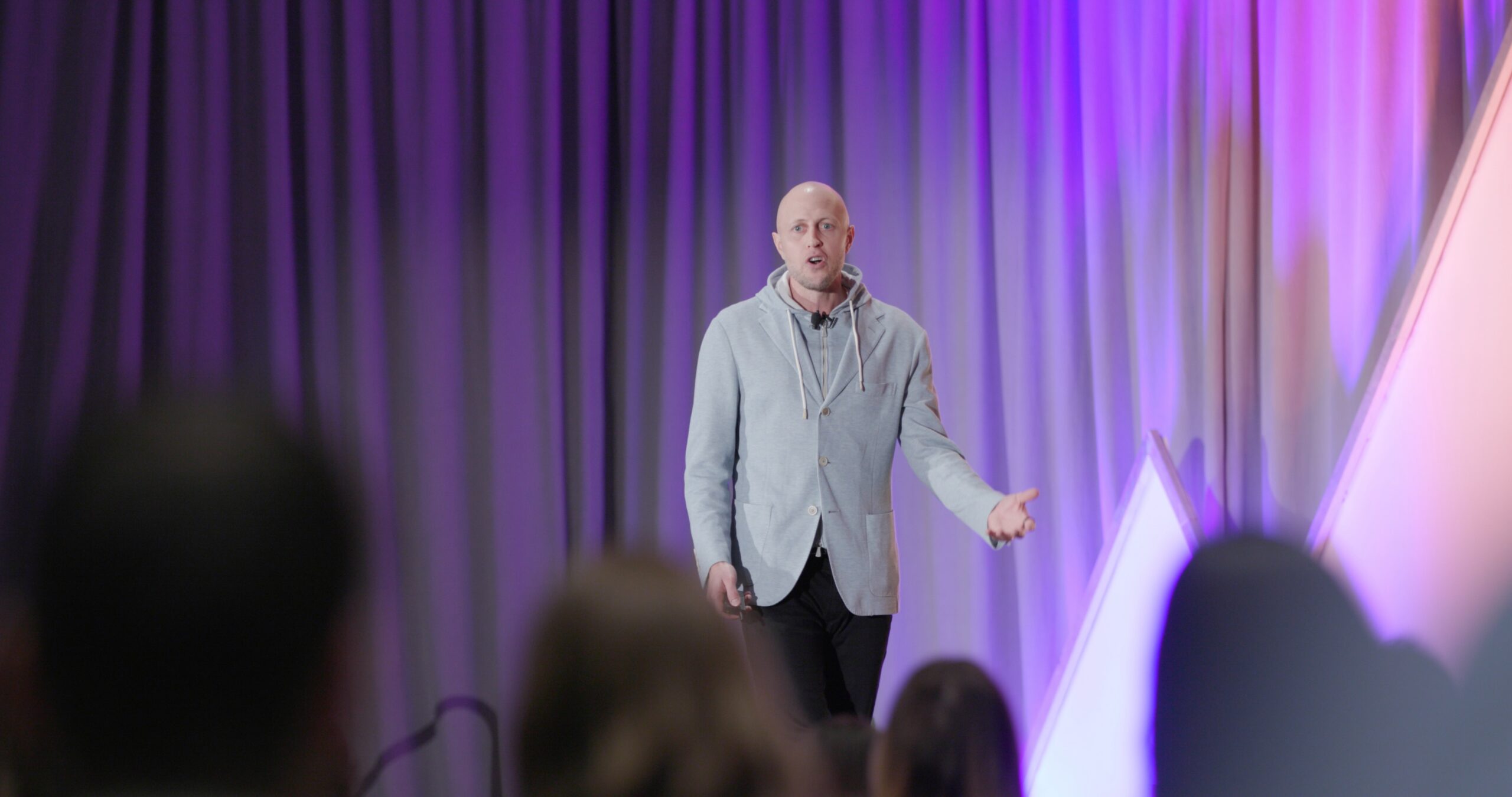Generational Mental Health
About ten years ago, I was running a basketball camp. It was lunchtime, and the kids were sitting against the bleachers in the gym. As I walked past, I couldn’t help but overhear their conversations. What struck me was how frequently the word “anxiety” came up.
This was new to me. When I was their age, I didn’t hear the word “anxiety” tossed around like that. Even though I’m sure I experienced it, I didn’t have a name for it. But these kids—who are now young adults in the workforce—were openly talking about it. I’ve often reflected on that day because it showed me how much times have changed and how prevalent mental health struggles are among younger generations.
You can say they’re soft or that their parents didn’t do their job. Some might view this openness about mental health as a sign of weakness. But I don’t see it that way. These generations are curious, open-minded, and deeply focused on making sure their lives have purpose. They want more from their jobs than just a paycheck—they want to work for companies that align with their values and take mental health seriously.
A Growing Mental Health Crisis in the Workforce
The mental health crisis is no longer something we can ignore. It’s becoming one of the biggest challenges we face, both in society and the workplace. According to the World Health Organization (WHO), nearly 1 billion people worldwide live with a mental disorder, and depression is one of the leading causes of disability. I know all too well the insane amount of money I’ve left on the table due to having to navigate my own depression, anxiety, and PTSD. I can only imagine that at scale across an entire enterprise.
In the U.S., the American Psychological Association (APA) reports that 70% of workers consider their employers responsible for supporting their mental health. The conversation around workplace well-being is more important than ever, and businesses must rise to the occasion.
Recent data from the National Institute of Mental Health reveals that 1 in 5 adults in the U.S. lives with a mental illness, while younger generations, like millennials and Gen Z, report higher levels of anxiety and depression compared to older generations. And this trend is only rising. As companies hire and integrate these individuals into their workforce, ignoring their mental health needs is not just negligent—it’s a missed opportunity.
Mental Health Crisis: A Business Imperative
In every crisis, there is an opportunity. I believe the one revolving around mental health is a massive opportunity for companies to not only support their employees but also create purpose-driven organizations. The companies that will thrive in the future are the ones that embrace mental health as a core value, putting it front and center in their culture.
Think about it. Your people are your greatest asset, and if they’re struggling with mental health challenges, it affects their performance, engagement, and productivity. A 2021 Gallup study found that 85% of employees are not engaged at work, and mental health is a significant contributor to this disengagement. On the flip side, companies that prioritize mental health see improvements in employee morale, innovation, and retention. It’s not just about doing the right thing — what’s good for your people is good for business.
A Proactive Approach: The “Healthies” Initiative
One example that stands out to me is Rich Curtis the CEO of FutureBrand Australia. In response to the growing mental health challenges in his workplace, Rich took a proactive approach. He created an initiative called “Healthies,” where once a quarter, everyone in the company gets a paid day off to focus on their mental health. No emails, no Slack messages—just a day to disconnect and recharge. And, everyone does it together.
In a recent talk in Banff, I shared how powerful this initiative is. It’s not just about giving people time off—it’s about signaling that mental health matters and is a core part of the company’s values. Implementing something like this in your organization could significantly impact how your team feels about their work, their leadership and their ability to manage stress.
The key takeaway here is that addressing mental health in your organization doesn’t have to be complicated. It just requires intentionality. You don’t need to implement massive programs right away. Small steps like offering mental health days, bringing in mental health professionals for workshops, or creating flexible work policies can go a long way in showing your employees that their well-being is a priority.
The Power of Being Purpose-Driven
We’re living in a time where mental health has moved from a personal issue to a societal and business issue. As companies, we have the opportunity to lead in this space by creating environments where people can thrive—mentally, emotionally, and professionally.
Instead of seeing mental health challenges as a burden, we can choose to see them as an opportunity to innovate, connect, and build cultures that deeply resonate with our people. Mental health is the new frontier of organizational success, and those who leverage it will be better positioned for the future.
Mental health might start with a vulnerable conversation—but underneath that is a call to action. By taking meaningful steps to support your workforce’s well-being, you’re not only building a healthier workplace but also fostering a more engaged, purpose-driven organization. The future of your organization depends on it. If you can put mental health at the forefront, you’re not just helping your employees—you’re aligning your company’s mission with the very things that matter most to your workforce. This not only attracts top talent but also keeps them engaged and loyal to your organization. People will join your organization for purpose and meaningful work, but they stay for a sense of connection and belonging.






